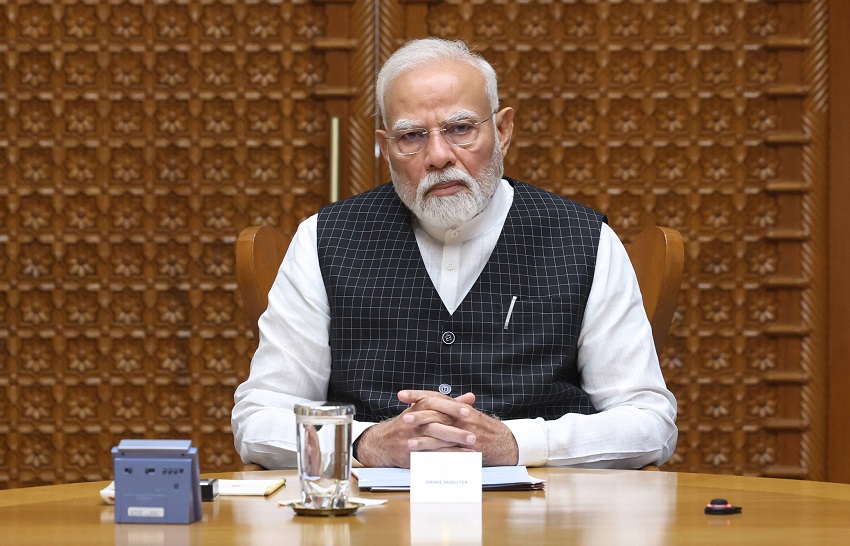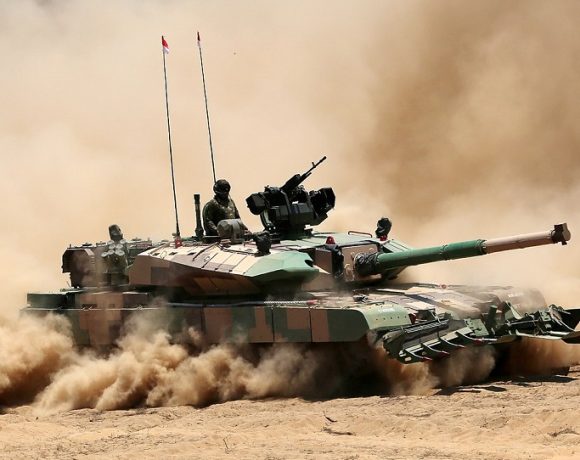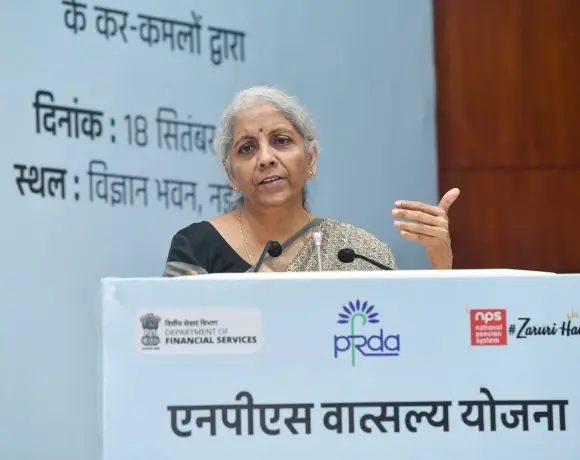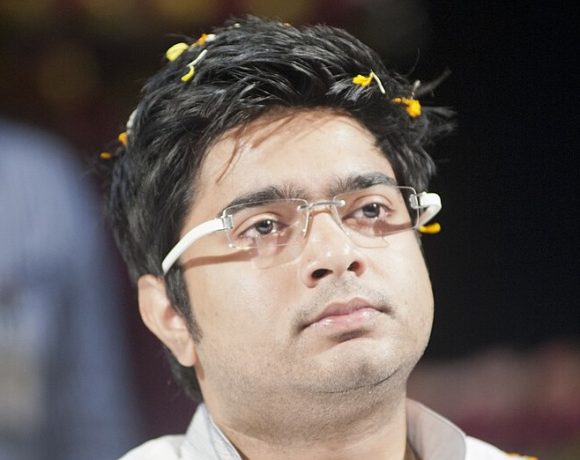
High-Level Security Meeting at Prime Minister’s Residence
In the aftermath of the Pahalgam terror attack that killed 26 civilians, Prime Minister Narendra Modi chaired a critical security meeting at his official residence. The meeting was attended by Defence Minister Rajnath Singh, National Security Advisor Ajit Doval, Chief of Defence Staff General Anil Chauhan, and other top security officials. The agenda focused on reviewing the prevailing security scenario and formulating a firm strategic response.
Armed Forces Given Free Hand for Response
During the high-level discussions, the Prime Minister directed that the Indian armed forces be given complete operational freedom to respond to the attack. This includes the authority to decide the timing, mode, and targets of any retaliatory operations. The move signals a strong stance from the government, reaffirming its zero-tolerance policy toward terrorism and cross-border threats.
The message from the top leadership was unambiguous — those responsible for the Pahalgam massacre will face consequences. Security agencies have already begun intensified intelligence operations and border surveillance.
Nationwide Security and Diplomatic Push
In parallel with military readiness, the government is enhancing internal security measures to prevent any possible follow-up attacks. State governments have been put on high alert, especially in sensitive regions. Diplomatic channels are also being activated to build international pressure and expose the complicity behind terror networks operating from across the border.
The meeting concluded with a clear message of resolve: India will not be provoked into panic, but neither will it allow such barbaric acts to go unanswered.


















